Your Guide to a Smarter Atlanta Divorce: Critical Mistakes to Avoid for a More Secure Future
Navigating a divorce is one of the most profound challenges a person can face. It is a journey marked by intense emotions, significant financial upheaval, and a complex legal process that can feel overwhelming. In the Metro Atlanta area, the specific laws and procedures of the Georgia court system add another layer of complexity. During this turbulent time, it is easy to make missteps—decisions born from stress, anger, or a simple lack of information—that can have lasting, detrimental effects on your financial security and your family’s well-being. Knowledge, however, is power. By understanding the common pitfalls, you can navigate your divorce proceedings with greater clarity, confidence, and strategic foresight.
This guide is designed to be your proactive resource, a roadmap to help you steer clear of the most critical errors people make during an Atlanta divorce. We will delve into the nuances of Georgia law, the importance of a strategic mindset, and the practical steps you can take to protect your interests. Avoiding these mistakes won't make the emotional pain of divorce disappear, but it will empower you to make smarter, more informed decisions, leading to a fairer outcome and a more stable foundation for your new beginning.
Mistake 1: Underestimating Georgia's Unique Divorce Laws
A fundamental error is assuming divorce is a one-size-fits-all process. The legal advice a friend received in Florida or a relative got in New York is likely irrelevant here. Georgia has its own distinct set of statutes that govern every facet of your case.
- Equitable Distribution: Georgia is an "equitable distribution" state. This does not mean marital assets and debts are split 50/50. Instead, a judge divides property fairly, which may not be equally. The court considers many factors, including each spouse's financial condition, their future needs, and their conduct (including fault, like adultery or cruel treatment, which can influence the division). Forgetting this can lead to false expectations about keeping the house or half of a 401(k).
- Grounds for Divorce: While "irretrievably broken" is the most common no-fault ground, Georgia law recognizes 12 other "fault" grounds, such as adultery, desertion, or habitual intoxication. While many divorces proceed on a no-fault basis, pleading a fault ground can be a strategic move, potentially impacting alimony awards or the aforementioned equitable distribution.
- Residency and Jurisdiction: You cannot file for divorce in Georgia unless at least one spouse has been a resident of the state for a minimum of six months. Understanding this, and in which county to file (typically the county where the defendant resides), is a basic but crucial first step.
Mistake 2: Letting a Storm of Emotions Dictate Your Strategy
Divorce is an emotional whirlwind. Feelings of anger, betrayal, grief, and fear are entirely normal. However, allowing these emotions to be the primary driver of your legal and financial decisions is a costly mistake.
A vengeful spouse might fight tooth and nail over insignificant sentimental items, racking up thousands in legal fees that far exceed the item's value. A guilt-ridden spouse might hastily agree to an unfair settlement, giving up their rightful share of assets or agreeing to an unsustainable support obligation.
Your attorney's role is not only to be your legal advocate but also to serve as a dispassionate advisor. It is vital to shift your mindset to that of a business transaction. The goal is to disentangle your life from your spouse's in the most efficient and financially sound way possible. Listen to your lawyer's objective advice and focus on making rational decisions that support your long-term stability, not short-term emotional satisfaction.
Mistake 3: Hiding Assets or Being Dishonest About Finances
In any Atlanta divorce, both parties have a legal duty to provide full and honest financial disclosure. This is formalized through a sworn document called the Domestic Relations Financial Affidavit (DRFA). The temptation to hide money, downplay income, or conceal assets is a catastrophic error.
The legal "discovery" process—which includes interrogatories (written questions), requests for documents, and depositions (sworn testimony)—is designed to uncover all relevant financial information. Experienced attorneys and forensic accountants are skilled at tracing money trails, identifying undisclosed accounts, and valuing assets.
When deception is uncovered, the consequences are severe. A judge in Fulton, Cobb, or any other metro county can impose harsh sanctions. This might include awarding 100% of the hidden asset to your spouse, ordering you to pay their attorney's fees, and obliterating your credibility in the eyes of the court, which can negatively influence all other decisions, from custody to alimony. The cardinal rule is absolute transparency.
Mistake 4: Prematurely Vacating the Marital Home Without a Plan
When tensions are high, moving out of the shared home can seem like the only way to find peace. However, leaving without first consulting your attorney can have serious strategic repercussions, especially concerning child custody.
If you are the one to move out, you may inadvertently create a "status quo" where your spouse is the primary caregiver in the home where the children are accustomed to living. When a judge makes temporary orders, they often prefer to disrupt the children's lives as little as possible, which can mean giving the parent who remained in the home temporary primary physical custody.
Financially, who will pay the mortgage and utilities? This should be determined in a temporary agreement, not left to chance. While "abandonment" is rarely a winning argument for fault in a no-fault divorce, your departure can be framed negatively. The critical exception is in cases of domestic violence; your safety is the priority. In such instances, your attorney can help you secure a Temporary Protective Order (TPO) to ensure your safety and establish temporary custody and residence.
Mistake 5: Using Your Children as Pawns in the Conflict
This is perhaps the most damaging mistake of all, with consequences that long outlast the divorce itself. Using children as messengers, confiding in them about the legal case, bad-mouthing the other parent in their presence, or asking them to "choose sides" inflicts deep and lasting emotional trauma.
Georgia courts are bound by the "best interest of the child" standard. Judges and court-appointed professionals like a Guardian ad Litem (GAL) are trained to spot parental alienation and conflict. A parent who is seen as unable or unwilling to foster a healthy relationship between the child and the other parent will severely damage their own custody case. Your actions—demonstrating that you can co-parent maturely and shield your children from adult disputes—speak volumes in court and are essential for your children's well-being.
Mistake 6: Failing to Conduct Comprehensive Financial Due Diligence
You cannot achieve a fair settlement if you don't have a complete picture of the marital financial landscape. Do not simply accept your spouse's word about what you own and what you owe. It is your responsibility, with the help of your attorney, to conduct a thorough investigation.
Start by gathering every financial document you can find: at least three to five years of tax returns, pay stubs, bank statements, credit card bills, mortgage statements, car loan documents, retirement account statements (401(k)s, IRAs, pensions), and brokerage reports.
For more complex assets—such as a family-owned business, stock options, or a professional practice—it is often necessary to hire a neutral financial expert. A business valuator or a forensic accountant can provide an objective assessment, ensuring these significant assets are properly valued and included in the marital estate for equitable division.
Mistake 7: Creating a Damaging Digital Record
In the 21st century, the courtroom extends to cyberspace. Everything you post on social media, every angry text message, and every scathing email can be subpoenaed and used as evidence against you.
Think a Facebook post about a fun night out is harmless? Your spouse's attorney might use it to argue you are an irresponsible parent. Venting about your spouse in a "private" group? Screenshots last forever. Posting photos of a new romantic partner? This can be used as evidence of adultery, potentially impacting alimony. Pictures of lavish purchases or expensive vacations can directly contradict any claims of financial hardship.
The best policy is to assume nothing is private. Keep all digital communication with your spouse brief, civil, and focused on logistics. Better yet, step away from social media entirely until the divorce is finalized.
Mistake 8: Ignoring Powerful Out-of-Court Alternatives
Many people equate divorce with a bitter, drawn-out courtroom battle. While litigation is sometimes unavoidable, it is often the most expensive, stressful, and uncertain path. Atlanta courts strongly encourage, and often require, couples to explore Alternative Dispute Resolution (ADR).
- Mediation: A neutral third-party mediator facilitates a negotiation between you and your spouse to help you reach a mutually acceptable agreement on all issues. It is confidential and non-binding until you sign a final agreement.
- Collaborative Divorce: This process involves a formal pledge by both spouses and their specially trained attorneys to resolve all issues without going to court. It is a team-based approach focused on open communication and problem-solving.
- Arbitration: A private judge (an arbitrator) is hired to hear your case and make a binding decision, similar to a court trial but often faster and more private.
ADR methods offer significant benefits, including lower costs, greater privacy, and more control over the final outcome, which is invaluable for preserving a functional co-parenting relationship.
Mistake 9: Signing a Settlement Agreement You Don't Fully Understand
A Marital Settlement Agreement is a legally binding contract that will govern your finances and parental rights for years to come. Once signed and approved by a judge, it is incredibly difficult to change. The pressure to "just get it over with" can be immense, but signing a document you haven't read carefully or don't fully comprehend is a monumental error.
Read every single line. Ask your attorney to explain any clause that is unclear. Does it accurately list all assets and debts and who is responsible for them? Is the child custody and visitation schedule specific and practical? Are you waiving any important rights, such as future claims to alimony? Do not let anyone rush you. This is your future; take the time to ensure it is protected.
Charting Your Path Forward with Wisdom and Strategy
The path through an Atlanta divorce is fraught with potential missteps that can derail your financial and emotional recovery. By proactively avoiding these common mistakes—by understanding Georgia law, managing your emotions, maintaining transparency, protecting your children, and relying on professional guidance—you transform yourself from a passive participant into an empowered architect of your own future.
This journey marks the end of a chapter, but it is also the beginning of a new one, full of potential for growth and happiness. Making smart, informed, and strategic decisions throughout the legal process is the first and most critical step in building a secure and stable foundation for that future. You do not have to navigate this complexity alone. Seeking experienced legal counsel is not a sign of weakness; it is a declaration that you are taking your future seriously.
Disclaimer: This blog post is intended for informational purposes only and does not constitute legal advice or create an attorney-client relationship. 1 Family laws in Georgia, particularly those concerning legitimation, paternity, custody, and child support, are complex and fact-specific. You should consult with a qualified Georgia family law attorney regarding your particular situation. Contact The Atlanta Divorce and Custody Law Firm for personalized legal counsel.











